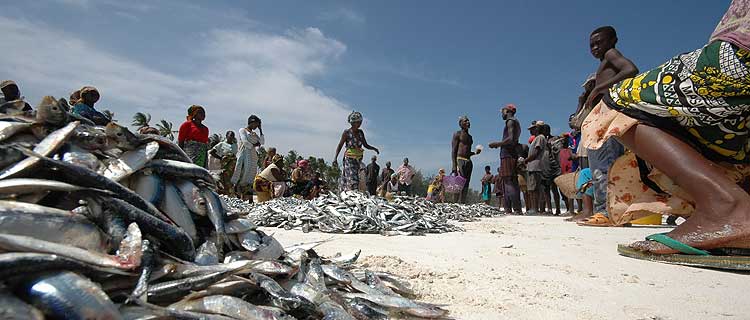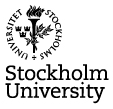
Ecological networks — from who did it to future food webs
Seminar with Dr. Villy Christensen, 14 September 2012
The work is conducted through the Nereus — Predicting the Future Ocean Program, which is a cooperative initiative of Stockholm Resilience Centre, the Nippon Foundation, University of British Columbia, and other partners. The Nereus Program develops global models to evaluate the impact of fisheries and climate change on marine populations. The work involves participation in global initiatives that evaluate future scenarios for the world oceans. Dr. Christensen will build his talk on 20+ years' experience with ecological networks.
About Villy Christensen
Dr Christensen is the lead developer of the Ecopath with Ecosim approach and software, which is used extensively throughout the world for ecosystem-based management of marine areas.
Christensen currently facilitates international workshops on Ecopath around the world. A core project for many years has been the Sea Around Us Project working on "database-driven, ecosystem model construction", with the aim of using "global, spatial databases to parameterize, balance and fit ecosystem models". This work includes developing a dynamic exchange model of biomass over time in the Chesapeake Bay area, as well as how marine protected areas can be optimally positioned.
He is also director of the Lenfest Ocean Futures Project, where a visualization system is being developed to support decision making in ecosystem-based fisheries management. This system combines Blender, a 3D-gaming engine, with Ecopath.
Feel free to post or circulate the announcement. The seminar is open to all interested and free of charge. No registration needed.
Time and place
Linné Hall, the Royal Swedish Academy of Sciences, Lilla Frescativägen 4, Stockholm
Vacancies | Contact | Environmental policy | Cookies
Stockholm Resilience Centre
Stockholm University, Kräftriket 2B | Phone: +46 8 674 70 70 | info@stockholmresilience.su.se
Organisation number: 202100-3062 | VAT No: SE202100306201


